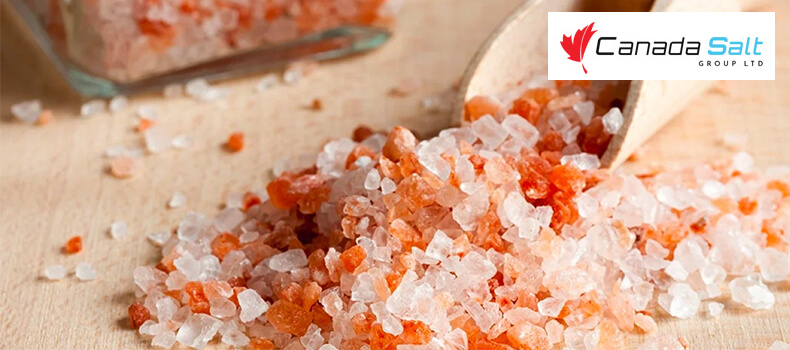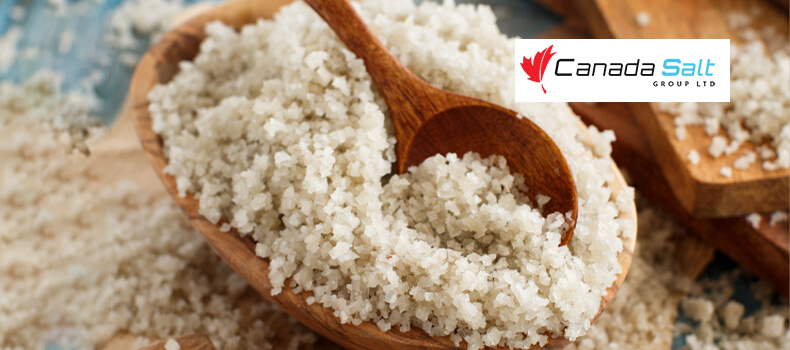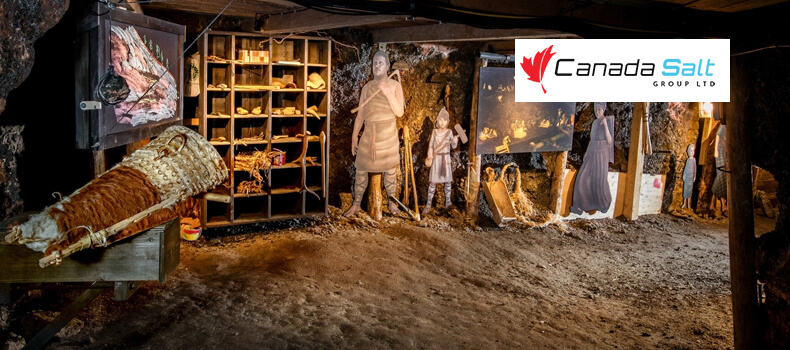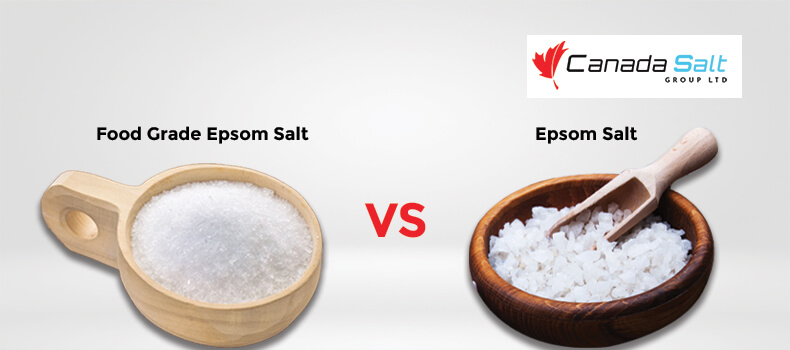FAQ’s – Frequently Asked Questions On Rock Salt
Salt plays a vital role in human life and is being mined for thousands of years. Salt is also one of the oldest flavorings used in food, and the saltworks in China dates back to 6000 BC. Even though salt is made from seawater, rock salt is mined traditionally. Until relatively recent innovations in canning and freezing, salt was also one of the major food preservatives. Rock salt was first discovered in Winsford of Cheshire in 1844, which was used to mine tonnes of salt until it was closed in 1892. Read on to know more about the facts and FAQ’s – Frequently Asked Questions on Rock salt.
What Is Rock Salt?
Salt used for cooking is pure with no impurities and is made by evaporation of sea salt water to get pure salt crystals. On the other side, rock salt contains additional minerals and other impurities. Rock salt is not intended for human consumption but has other culinary applications like making ice cream and keeping coolers cold.
Halite or rock salt has the chemical formula NaCl and typically has white color. The color of rock salt depends on the impurities present. Most of the rock salt comes from ancient salt deposits in Cleveland. The primary difference between table salt and rock salt is the size and color of granules. Like table salt, rock salt also has traces of minerals that can impact chemical behavior.
Rock salt does not undergo any purification process, so the natural impurities remain in the salt. The impurities typically do not affect the performance but some insoluble minerals like calcium sulfate from gypsum. Rock salt purity typically varies between 95% and 99% sodium chloride, depending on which mine it’s coming from. There are many questions and FAQ’s that arise in the minds of people about rock salt.
FAQ’s On Rock Salt
1. Can Rock Salt Melt?
Rock salt is mostly used for melting ice that forms on the road and pathways during the snowy winter climatic conditions. The working temperature of salt is above 15 °F or even 20 °F. When the temperature gets colder, the amount of salt required to melt ice increases, and the melting action of salt also slows down with the decrease in temperature. For highway deicers, 15 to 20 ° F is considered the optimal temperature for the rock salt to be more effective. The effectiveness of salt can be improved by mixing brine solution.
2. Can You Use Rock Salt For Cooking?
As mentioned, table salt or pure salt is mostly used for cooking, and rock salt is used for seasoning and making brine solutions. Rock salt is also used in making ice cream along with milk cream, sugar, and other flavoring agents. Some interesting recipes can be made by using rock salt as an ingredient.
3. Where Is Rock Salt Formed?
Rock salt is found worldwide as deposits ringing dry lake beds, inland marginal seas, and enclosed bays and estuaries in arid regions of the world. In the past, the water from large water bodies evaporated to form large rock salt deposits buried under marine sediments. Rock salt is mined from mines that are about 100 meters in depth or more. After mining and storage, rock salt is mostly treated with anti-caking agents to prevent the pieces from coagulating.
4. Which Is Better, Rock Salt Or Ice Melt?
Both Rock salt and Ice melt are used in the ice removal process by deicing companies. Rock salt is the most common chemical used in general situations, but Ice melt is used in special conditions where most important ice removal. While deciding between rocksalt and icemelt, the temperature and other climatic conditions also need to be considered. Before choosing, you need to consult an expert or rock salt distributor in your area.
5. Is Pool Salt The Same As Rock Salt?
Pool Salt is a pure salt form and cannot be iodized like the common table or cooking salt. Pool salt is used for cleaning the water in your swimming pool. The use of pool salt for your swimming pool has many advantages as it does not irritate your skin, does not hurt your hair, and has many other uses. On the other side, Rock salt cannot be used for pools as many impurities can negatively affect your health.
6. What Is The Chemical Formula Of Rock Salt?
The chemical formula of Rock salt is Sodium Chloride or NaCl, and the industrial name is Halite. Rock salt forms in very large, chunky crystals instead of small ones are seen in table salt. Like table salt, rock salt also has an assortment of trace minerals that can impact how it behaves chemically.
Where To Buy Rock Salt?
As a leading supplier of Rock Salt in North America, Canada Salt Group Ltd is committed to providing high-quality rock salt directly to you on the next delivery date. Rock salt is available in bags at your convenience. If you are looking for rock salt, then you need to contact us for a free estimate.





